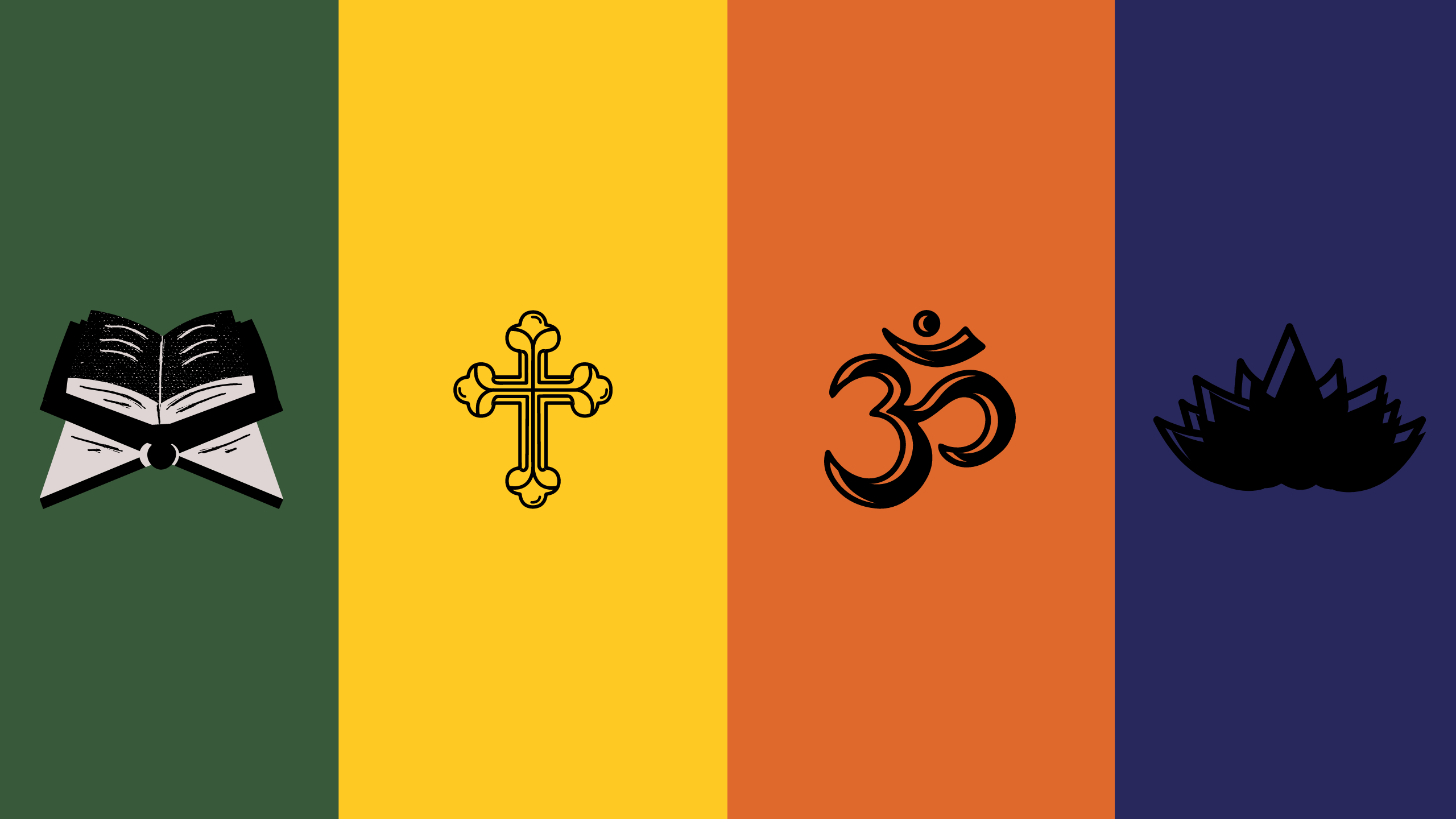The Karnataka Cabinet Monday approved the controversial anti-conversion bill, criminalising the right to choose one’s faith in the name of ‘forced’ conversion. Titled ‘Karnataka Protection of Right to Religion Bill, 2021’, the bill is likely to be tabled in the Assembly on Tuesday.
It seeks to prohibit conversion from one religion to another by means that it considers as ‘fraudulent’.
The Bill proposes up to 10 years of imprisonment for ‘forced’ religious conversion. Imprisonment ranges from 3 to 5 years with a fine of Rs 25,000. For conversion involving a minor, woman or an SC/ST person, the jail term is 3 to 10 years, with a fine of Rs 50,000.
The draft bill notes:
“No person shall convert or attempt to convert either directly or otherwise any other person from one religion to another by use of misrepresentation, force, undue influence, coercion, allurement or by any fraudulent means or by marriage, nor shall any person abet or conspire for conversions.”
According to the bill, those who want to convert need to inform the District Magistrate (DM) at least 60 days in advance and the person carrying out the conversion process must give one month’s notice to the District Magistrate or the Additional District Magistrate. The DM then carries out an inquiry through the police to find out the ‘real intention’ of the conversion.
Within 30 days after the conversion is complete, the person who has converted must submit a declaration with personal details like date of birth, address, father’s name, former religion and religion to which the person converted, etc, along with a copy of their Aadhaar card.
The person must then appear before the DM 21 days from the date of the declaration so that the DM can confirm the details mentioned in the declaration. The DM then maintains an official record of the conversion and informs government officials of the backward classes welfare department, minority welfare department, and others, about the conversion.
The authorities are said to take appropriate steps to check whether the person is still eligible to “enjoy social status or receive economic benefits from the government that he was getting prior to the conversion.” Those under the Scheduled Castes or Scheduled Tribes category could hence lose government benefits when they convert to a minority religion.
As per the draft law, the burden of proof that the conversion is “valid and lawful” has been put on the ‘convertor’, and allows the family of an individual to report the conversion as unlawful.
While the government aims to do away with ‘forced’ conversions, the draft law may undermine an individual’s freedom to practice the religion of their choice. Any relative will be able to file a complaint against the conversion if they are against it.
The bill also seeks to declare marriages done for the sole purpose of conversion to be null and void.

Pingback: Amid Anti-Conversion Bill Row, Yet Another Church Vandalised In Karnataka